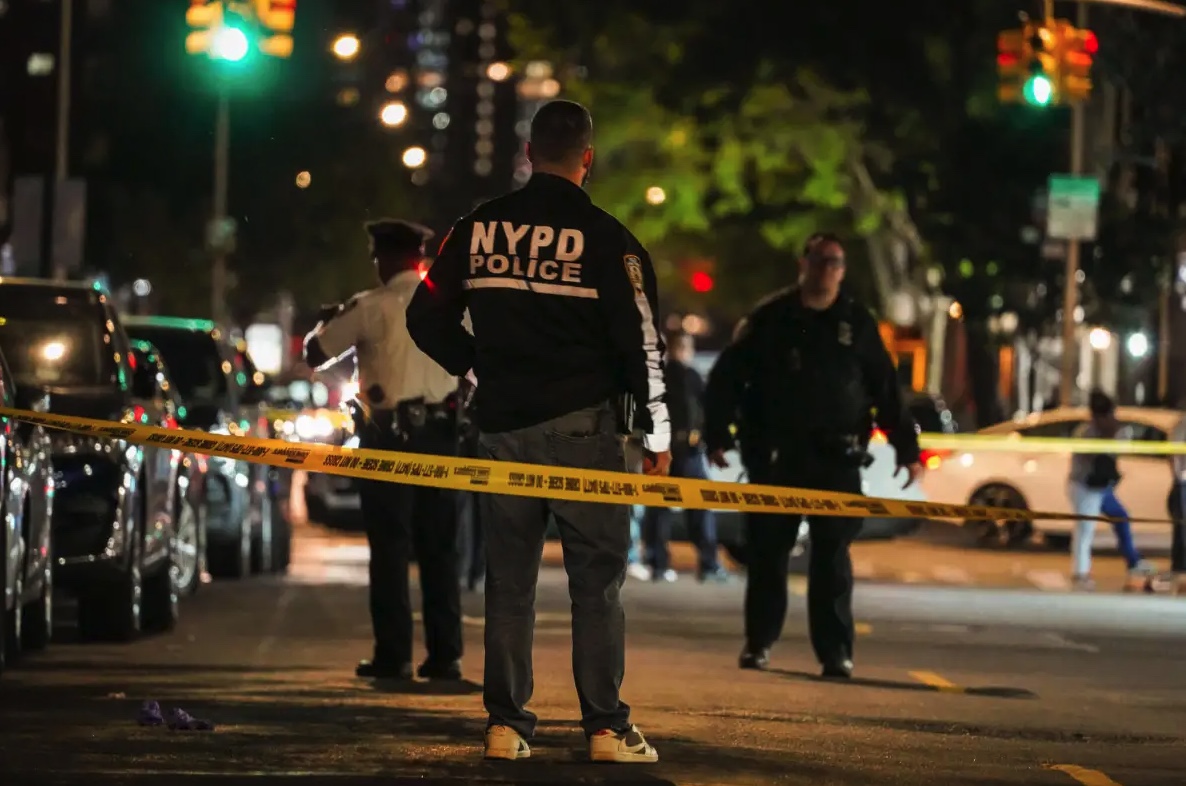By The TimesLedger
At a time when the City Council is cutting staff and asking the mayor to raise taxes, we find it at least curious that Speaker Gifford Miller finds it necessary to appoint an official liaison to the city’s Jewish community. We reported last week that Miller has named Howard Pollack, a longtime resident of Forest Hills, to this post.
Two questions come to mind: is this position appropriate and is it necessary, especially in light of the city’s dire fiscal circumstances. According to last week’s story, Pollack’s first official activity was to attend a Passover seder. Will he also be available for bar mitzvahs?
It is natural that an ethnic group should want their interests represented at City Hall. In most cases, this is done through the democratic process. Neighborhoods with strong ties to a particular ethnic heritage are inclined to elect representatives that share in that heritage.
But creating an official Jewish liaison sets a troubling precedent. Should there be an Irish-Catholic liaison to represent the city’s many Irish Catholics? Should there be a Chinese-American Buddhist to represent the concerns of Chinatown and Flushing?
Does having an official liaison give one group an edge over all others? Although we have the greatest respect for Mr. Pollack, we question whether there is anything that he can do that the Council could not do just as well without him.
At best this is a highly questionable use of public money. At worst it is political pandering that has the potential to further divide our city at a time when we need more than ever to unite.
Editorial: Show me the money
The City Council is gearing up for one of the most controversial debates the city has ever seen. A town meeting has already been scheduled and soon the Council could be hotly debating whether or not the city should set aside reparations for the victims of slavery.
Councilman James Sanders (D-Laurelton) and John Liu (D-Flushing) have given their support to a bill written by Councilman Charles Barron, seeking what Sanders calls “payback.” Rather than hand out money directly to black families, the council members suggest creating a fund that would be administered by the Black and Puerto Rican Caucus. This is the caucus that recently welcomed Liu, a Chinese American, but had trouble accepting a Cuban-American Jew.
And that goes to the very heart of the problem. Unlike the Holocaust where both the victims and the oppressor are easily identified, the reparations for African Americans are far more complex. Although the slaves were predominantly African, most African Americans today are mixed race. To further complicate matters, many white Europeans came to America long after slavery was abolished. Some, like the Irish immigrants, experienced a great deal of prejudice. Will their descendants also be forced to pay reparations?
What about the descendants of Union Army soldiers who fought to free the slaves? Should they be forced to pay reparations to families that came to America long after the Civil War and may have nothing more than pigmentation in common with the slaves?
If they value their credibility, Liu and Sanders would be wise to keep their distance from Barron. Meanwhile, there’s little or no chance that the City Council will pass a reparations bill. And every chance that such a law would cause more harm than good.
Surely the City Council has more pressing concerns.
Editorial: Should the bishop resign?
For the city’s Roman Catholics, the past few months have been particularly painful. Everyday new allegations surface about pedophile priests and the enormous damage they have done.
But more disturbing than the revelations that these men abused a position of trust to take advantage of children is the growing awareness that high-ranking church officials failed to take appropriate action against these priests. According to published reports, Cardinal Bernard Law in Boston, Cardinal Edward Egan in the Archdiocese of New York and Bishop Thomas Daily in the Brooklyn-Queens Diocese not only failed to report these pedophiles to the police, they actually reassigned these priests to new parishes where they continued to sexually abuse children.
These church leaders are decent men who have dedicated their lives to the service of God. But the remarkably poor judgment that they demonstrated in handling these cases calls into question their ability to handle a position of public trust. It is becoming increasingly clear that if the church wants to show that it recognizes the enormity of the damage that has been done, it must demand that these leaders resign their positions.
The buck always stops at the top. What the pedophile priests did was a crime. Some would argue one of the worst crimes imaginable. There is no excuse for not reporting these priests to the police and taking steps to keep them away from children.
Some have argued that the scandal has been blown out of proportion. They say that the sins of a few should not be allowed to cast a shadow over the many dedicated priests. The number of priests accused of sexual abuse is not insignificant. The stories told by their alleged victims are staggering.
The principle involved here applies to any organization. Daily, Egan and Law failed to put the welfare of innocent children above all other concerns. For this failure, they must resign.





























